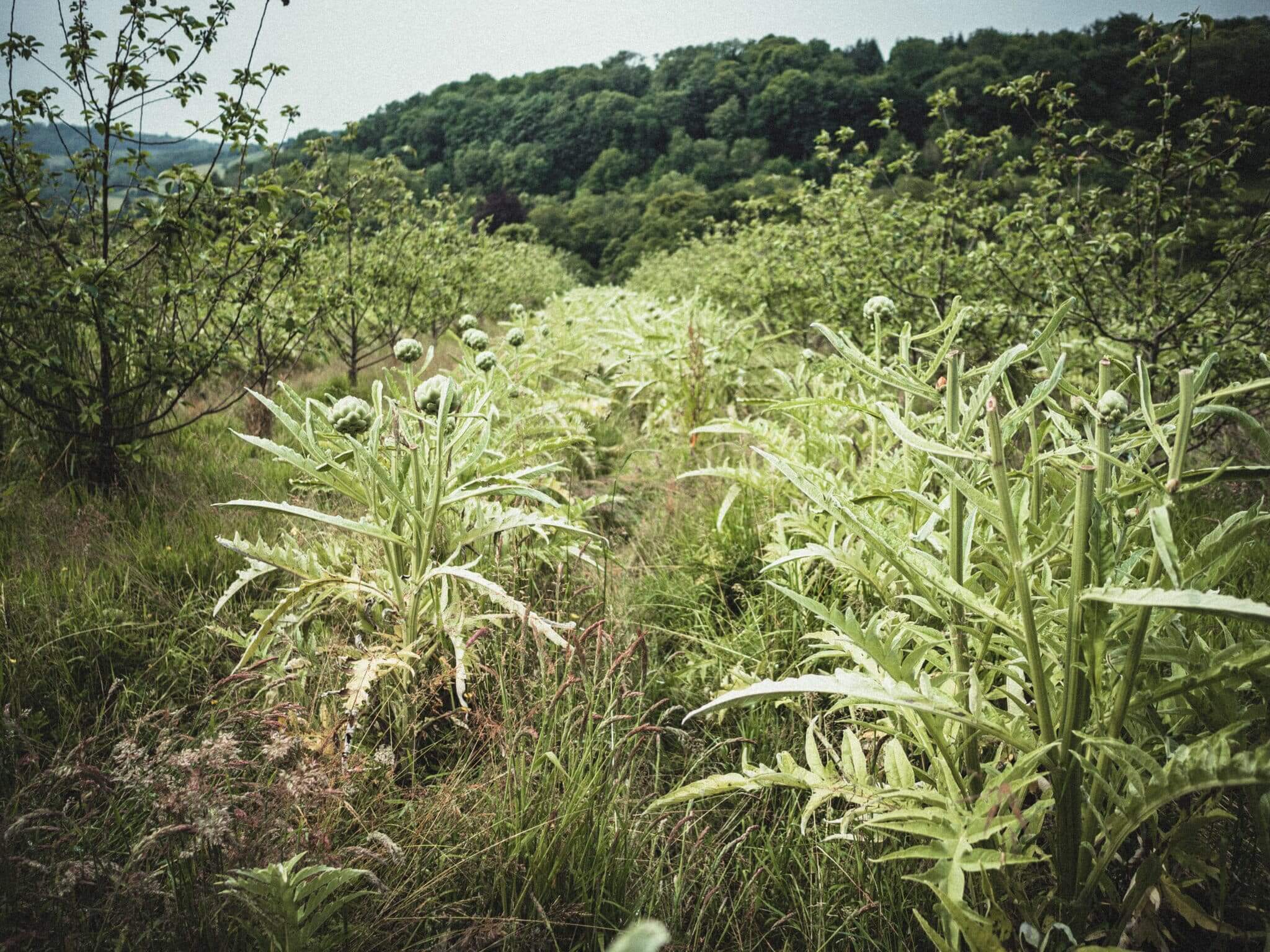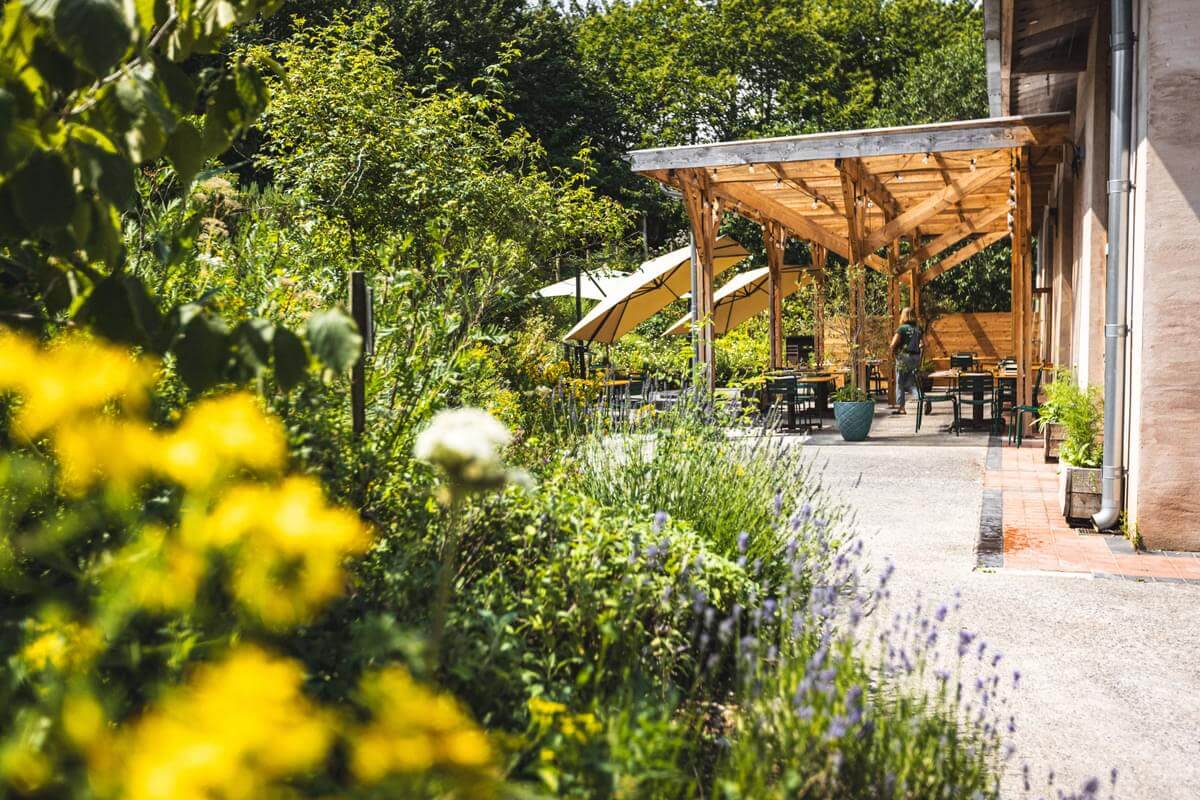In my least favourite newsletter of the year, I have to inform you that Riverford’s prices will rise by an average of 5.6 per cent next week. With UK food inflation running at three times that rate, you will have heard the reasons. For most farming, energy and raw materials (e.g. fertiliser, seeds, animal feed) are the drivers. For organic veg, where labour typically makes up 50 per cent of the cost of growing and harvesting, rising pay is the biggest factor. Personally, I celebrate the 20 per cent rise in farm worker pay over the last two years as well deserved and long overdue – but it would be fantasy not to expect growers to recoup at least some of that in price increases.
Somehow, we must start rewarding people more for doing useful stuff. The only way I can see that happening is by rewarding people less for simply owning stuff. With the poorest households spending more than 30 per cent of their income on rent and just 14 per cent on food, the answer to ‘food poverty’ might lie more in a landlords’ summit at Number 10 than a food and farming summit.
Arguably, Riverford could have found ways to remain a little cheaper for a little longer. We could have contracted out deliveries to the gig economy, slowed our investment in electric vehicles, abandoned our commitment to being a voluntary Real Living Wage employer, ditched home compostable packaging and our environmental programme, and squeezed suppliers harder. Perhaps, after all that, we could have held prices down for a while. But that is not the world my co-owners or I want to be part of. We want to fight for something better.
For those on limited budgets, with limited choices, co-owners and I can only apologise for making life even harder. I have spent 35 years trying to make good food, grown well, accessible to all. For the first 20 years, I cut corners, didn’t pay enough and neglected health, safety, and even our soil in the process. I am no longer prepared to do that. We just can’t do things right, while providing a future for the next generation, for any less.
Please rest assured that, should we make a profit, the only beneficiaries will be our Planet Action Fund, and the people who grow the veg and get it to your door. We became 100 per cent employee owned this week, so from now on, they are the business. One of the first issues they have raised is: “What can we do to make our veg accessible to those on low incomes?” We are working on it.














Interestingly, the family debate at dinner today was around that. It’s all too easy to return to old habits and get cheaper products at National supermarkets. However, if I’ve learnt anything is that good things, the right things, are worth fighting for. Means we (consumers) will need to prioritise and make things go further, but I believe in the long run it’s the right thing to do as it is a good thing to have! I love getting the veg box every week. I remain determined to sacrifice other things first before taking the easier, but short-sighted and wrong path. I realise that is perhaps a luxury some others cannot do – but it’s not one size fits all world. So whilst I can, I will continue to be a convert to not just the veg box – the ethics and principles Riverford has come to represent. Just my view. Guaranteed not to be everyone’s.
That is so wonderful to hear! It is very interesting that as a nation we spend less of our incomes on food than many other countries, for many people this is a necessity, but for others it is priorities.
Would you be able to market the ‘odds and ends’ products (particularly the veg/fruit), as it were, at a reduced price for those choosing to buy on a budget? The veg that is not easy to sell. But tastes just as good (if not better!) Samantha
Absolutely…grand idea as another customer working with a pitiful budget but determined to stay a customer!
Hi Samantha, a great idea, we do sell a zero waste bag which offers a lucky dip of surplus produce at a lower price point. Much of the ‘grade out’ produce is donated to our charity partners who distribute it to people in need for free and we don’t discard ‘wonky’ produce. But the Riverford team are absolutely exploring ways to make our veg accessible. It’s really lovely to read all the ideas and suggestions coming in on this, and all are being fed back – thank you.
I agree 100% with Guy.
One small suggestion though – when an item is in surplus, keep the price the same but give, for example, an extra 20% free.
List items that have free content as a promotion – these could also be sold in a separate box.
This would help customers to get more and help clear surpluses leading to less waste.
A good suggestion, thank you. When we do have surplus, the Riverford team do have good systems in place, which sometimes includes gifting free produce in the boxes and of course donation to our charity partners who redistribute to those in need.
I would like to suggest maybe setting up a ‘Pay it Forward’ scheme. Customers could volunteer to donate a weekly sum (in a similar way they can contribute to the ‘Ripple Fund’) towards all or part of a weekly box for those who are in need.
I would prefer to sacrifice other things rather than cut corners on the food I buy.